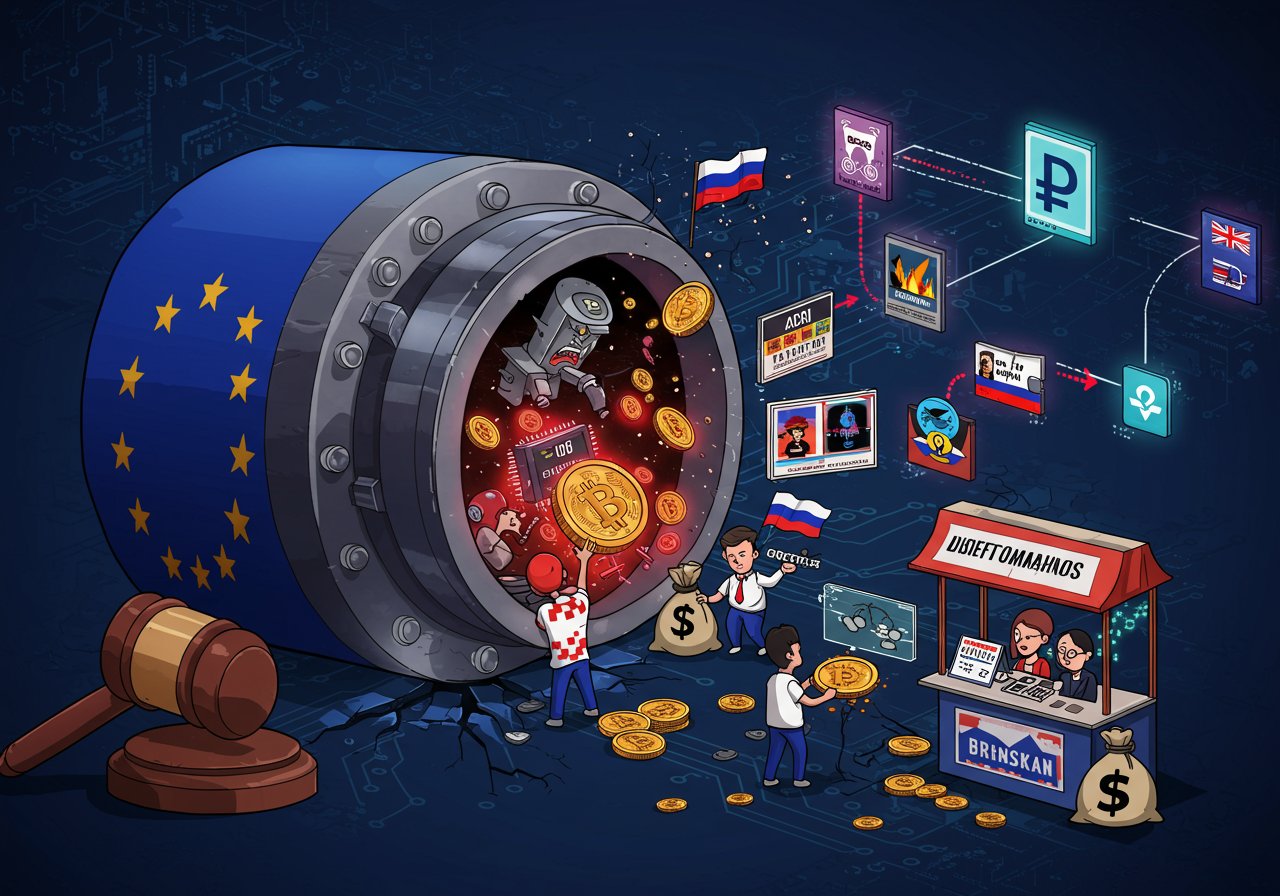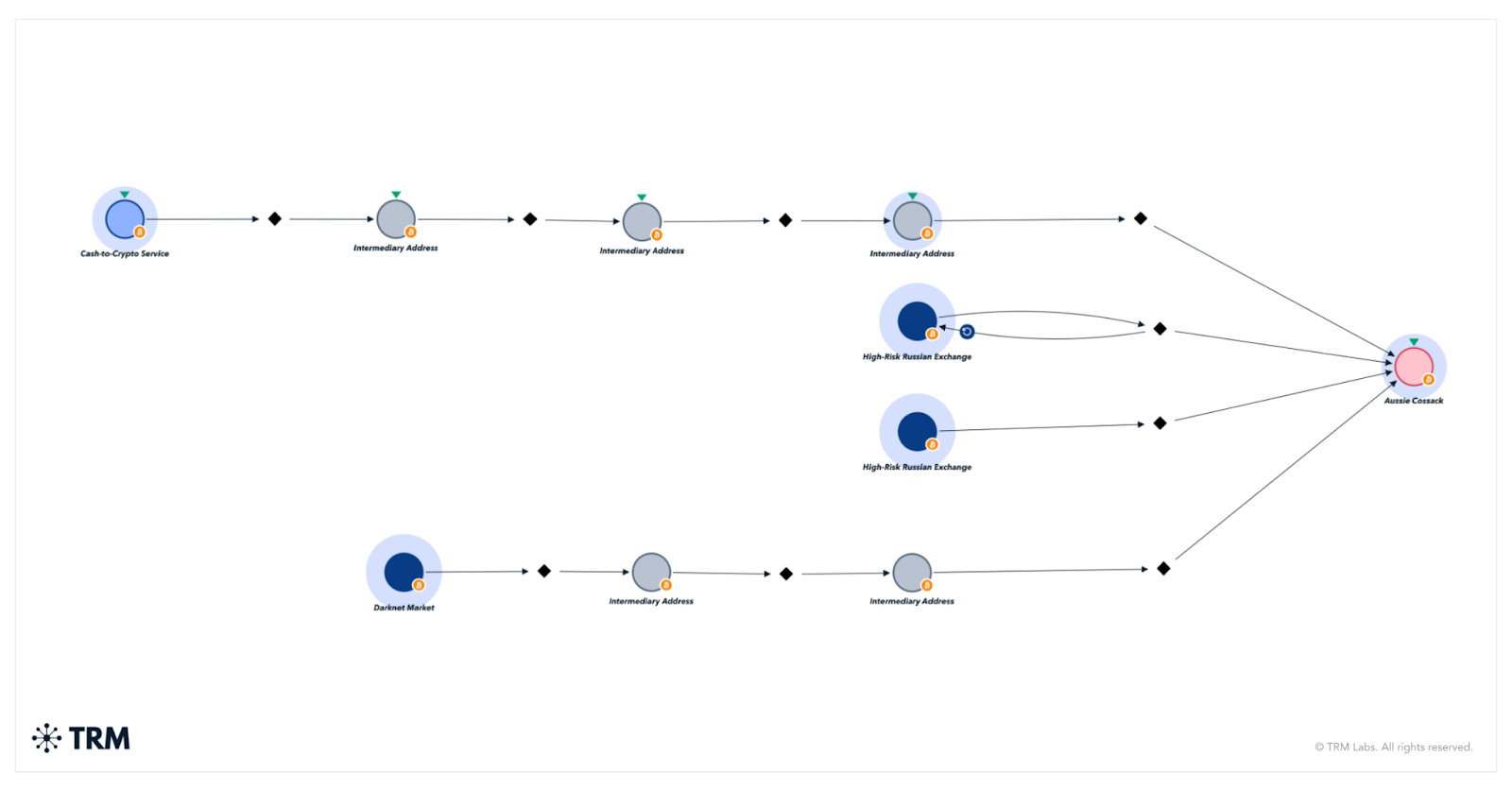
EU Targets Crypto for Political Interference
The European Union has levied sanctions against individuals and entities accused of leveraging digital assets to finance disinformation campaigns and interfere in electoral processes. This recent action, unveiled under the EU’s Common Foreign and Security Policy, underscores a growing concern about the misuse of cryptocurrency in geopolitical conflicts and the spread of malicious narratives.
The sanctions specifically target nine individuals and six entities. Notably, the list includes Simeon Boikov, also known as AussieCossack, a Kremlin-linked influencer accused of spreading pro-Russian disinformation. Boikov is alleged to have used various fundraising channels, including cryptocurrencies and cash, to support his activities. The investigation revealed links to high-risk Russian exchanges that bypass know-your-customer (KYC) requirements, as well as cash-to-crypto services and darknet markets, highlighting the complex and often opaque networks involved.

Election Interference and the Moldovan Connection
Furthermore, the sanctions extend to A7 OOO, a firm alleged to have played a role in influencing Moldova’s 2024 presidential elections and EU accession referendum. A7 OOO was founded by Ilan Shor, a fugitive Moldovan oligarch. This connection reveals how crypto can be used to fund campaigns and undermine democratic processes.
The Role of Grinex and A7A5
The report from TRM Labs highlights the strategic use of Grinex, a crypto exchange considered a successor to the sanctioned Garantex platform. Grinex is also linked to A7A5, a ruble-backed stablecoin. The report suggests that these entities were used to facilitate the import of dual-use goods from China to Russia through Central Asia, further emphasizing the multifaceted nature of this investigation.
Implications for the Crypto Industry
This move by the EU sends a strong message to the crypto industry. It signals a growing commitment to monitoring and regulating the use of digital assets in illicit activities. This could lead to more stringent enforcement of KYC/AML regulations, increased scrutiny of exchanges operating in high-risk jurisdictions, and a broader crackdown on platforms and services that facilitate the financing of disinformation and election interference.
The Future of Crypto and Geopolitics
The EU’s actions are part of a larger trend of regulators around the world scrutinizing crypto’s role in geopolitical conflict. As digital assets become more integrated into the global financial system, their potential for both good and ill becomes increasingly apparent. The EU’s proactive stance indicates a strategic shift towards disrupting the entire lifecycle of influence operations, from financing to narrative dissemination.


